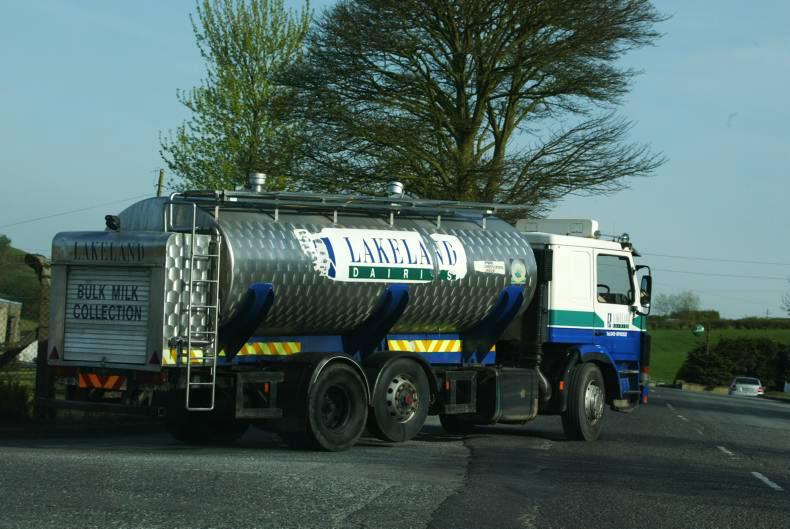Speaking to the Irish Farmers Journal, special adviser to Minister for Transport Paschal Donohoe, Stephen Lynam, said that following the financial crash of 2008, the Department of Transport was overlooked in favour of health, justice and social welfare departments.
Investment in transport fell to €1.6bn in 2013, half the amount invested during the peak of the economic boom (€3.6bn in 2008). In 2015, this number fell again to €1bn.
In a series of bilateral meetings at ministerial level, transport officials have made the case to the Department of Public Expenditure and Reform that in order to maintain the rural road system, the capital budget for transport needs to increase by €300m per annum.
“As the economy recovers, pressure on assets will grow,” Lynam said, “especially when you consider the lifting of milk quotas and its effect on increased activity in the dairy sector. This will lead to a greater amount of heavy vehicles transporting milk on rural roads. If the road network is not maintained, it could affect the potential of the industry long-term. The same goes for the timber industry.”
In February, the Government secured state aid approval for a new forestry programme. The programme includes 44,000ha of new forests and 700km of new forest roads.
“We’re not saying that roads are going to be affected immediately,” Lynam continued, “but with funding currently below sustainable levels, the potential exists for activity in those industries to be stymied. This has implications for regional development in Ireland.”
The Irish road network is currently made up of just under 100,000km of road (5.4% national, 13.2% regional, 81.4% local). Donegal has the highest proportion of regional roads in the country. In 2014, approximately €770m was spent on roads out of a budget of €1.4bn.






 This is a subscriber-only article
This is a subscriber-only article










SHARING OPTIONS: